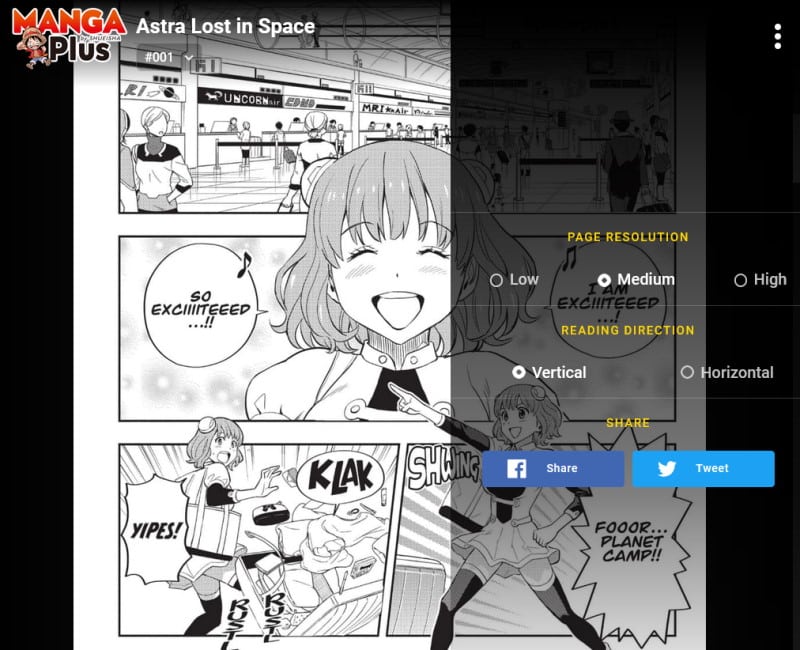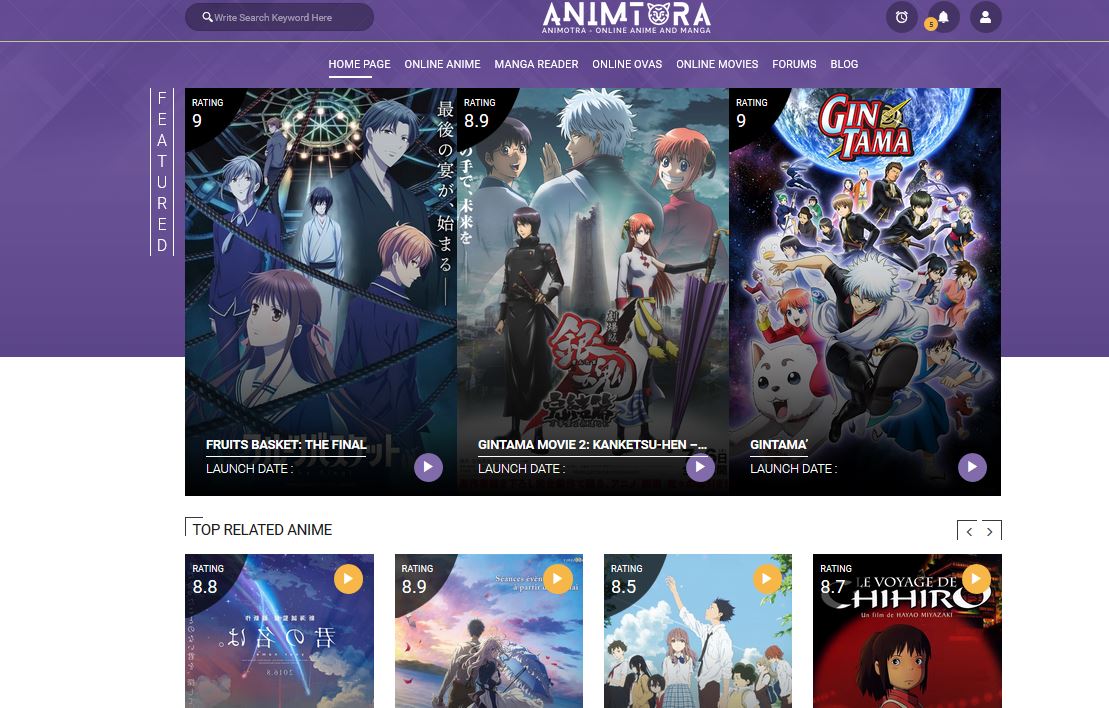Manga bato – MangaBato, once a prominent online platform for manga enthusiasts, left a significant mark on the digital landscape. This exploration delves into its history, community impact, legal complexities, and lasting legacy, examining its rise, controversies, and ultimate demise. We will analyze its influence on the manga industry and explore the implications of its existence.
From its humble beginnings as a source for freely available manga, MangaBato rapidly gained popularity, attracting a large and engaged community. This growth, however, came with significant legal and ethical challenges, ultimately leading to its closure. This article examines the platform’s trajectory, considering its role in shaping both online manga consumption and the industry itself.
MangaBato: A Retrospective Analysis

Source: techworm.net
MangaBato, once a prominent online platform for reading manga, holds a significant place in the history of online manga distribution. This analysis explores its evolution, community, content, legal aspects, impact on the industry, and future potential, offering a comprehensive overview of its journey.
MangaBato’s History and Evolution
MangaBato’s origins are rooted in providing free access to a wide range of manga titles. Its initial purpose was primarily to serve as a convenient and accessible online library for manga enthusiasts. Over time, MangaBato underwent significant changes, including interface upgrades, improved search functionality, and the addition of features like user forums and different reading modes. Early MangaBato featured a simpler, less intuitive interface compared to its later iterations, lacking the sophisticated search and filtering options available today.
While specific controversies are difficult to definitively document due to the platform’s eventual closure, the inherent legal risks associated with hosting copyrighted material without permission were always a potential point of contention. The platform’s history is marked by periods of growth and adaptation to changing user demands and technological advancements.
A simplified timeline of MangaBato’s key milestones might include:
- Early 2000s: Launch of MangaBato, focusing on providing free manga access.
- Mid-2000s: Significant growth in user base and manga library.
- Late 2000s – Early 2010s: Interface improvements and addition of new features.
- Mid-2010s: Increased scrutiny regarding copyright issues.
- Late 2010s: Platform closure.
MangaBato’s User Base and Community
MangaBato’s user base largely consisted of young adults with a passion for manga, spanning various demographics and geographical locations. The community displayed a high level of engagement, actively participating in discussions, sharing recommendations, and contributing to the platform’s overall functionality. While specific quantifiable data on community initiatives is unavailable, anecdotal evidence suggests a vibrant environment of fan translations and discussions.
Compared to other online manga communities, MangaBato fostered a strong sense of shared interest and collective participation.
A hypothetical survey to gather data on MangaBato user preferences and habits could include questions on preferred manga genres, reading habits, preferred features, and suggestions for improvements.
MangaBato’s Content and Features
MangaBato offered a vast library of manga titles, encompassing a wide range of genres and demographics. Users could search for manga by title, author, genre, or s. The platform provided various features, including different reading modes (e.g., left-to-right, right-to-left), user comments, and forums for discussions.
Manga Bato, a popular online platform for manga enthusiasts, often features stories depicting diverse lifestyles. Interestingly, a recent search revealed a surprising connection to the practical considerations of off-grid living, particularly the crucial role of canine companions as detailed in this article on off grid living best dogs. The resilience and adaptability highlighted in such scenarios resonate with the often-tested resolve of characters found within many manga narratives on Manga Bato.
| Feature Name | Description | User Benefits | Potential Improvements |
|---|---|---|---|
| Search Functionality | Ability to search for manga by title, author, genre, or s. | Easy access to desired manga. | Improved filtering and advanced search options. |
| Reading Modes | Options for left-to-right and right-to-left reading. | Personalized reading experience. | Support for more reading styles and customization. |
| User Forums | Platforms for discussions and community interaction. | Enhanced community engagement and information sharing. | Improved moderation and spam filtering. |
| Manga Library | Extensive collection of manga titles. | Wide variety of choices. | Improved organization and genre categorization. |
MangaBato’s content organization and navigation directly influenced user experience. A well-organized library and intuitive search functionality significantly enhanced usability.
MangaBato’s Legal and Ethical Aspects
Hosting and distributing copyrighted manga online without permission raises significant legal implications, potentially leading to copyright infringement lawsuits and penalties. Ethical considerations center on respecting intellectual property rights and supporting creators. MangaBato’s approach to copyright issues, like many similar platforms, was a source of ongoing debate and concern. Using MangaBato carried inherent risks, including potential legal repercussions for users.
Alternative legal and ethical ways to access manga online include:
- Purchasing digital or physical copies from authorized retailers.
- Utilizing official streaming services.
- Supporting creators directly through platforms like Patreon.
- Reading manga available through public libraries.
MangaBato’s Impact on the Manga Industry, Manga bato
MangaBato’s impact on the manga industry is complex and multifaceted. While it increased manga accessibility and potentially introduced many to the medium, it also presented a significant challenge to the economic viability of the industry due to copyright infringement. The platform’s existence may have influenced the popularity of certain manga titles, but it likely also negatively affected sales of physical manga volumes.
Compared to other online manga platforms, MangaBato’s impact is notable due to its scale and longevity. The long-term effects of similar platforms are a continuous topic of discussion within the industry.
MangaBato’s Future and Potential

Source: wpsolver.com
Predicting MangaBato’s future is speculative given its closure. However, analyzing similar platforms suggests potential challenges and opportunities. Technological advancements like improved AI-powered content filtering and stronger copyright protection measures would significantly impact the viability of similar platforms in the future. The future of online manga distribution likely lies in the balance between accessibility, user experience, and legal compliance.
A hypothetical visual representation of MangaBato’s potential future (had it continued) might depict a platform seamlessly integrating legal manga distribution with a robust community forum, offering a balanced ecosystem that respects copyright while fostering engagement. The image would show a clean, modern interface, showcasing diverse manga titles legally acquired and organized with advanced search features, alongside a vibrant, active community section.
Epilogue: Manga Bato
MangaBato’s story serves as a cautionary tale and a case study in the complex interplay between online content distribution, copyright law, and community engagement. While its legacy remains controversial, its impact on the accessibility and popularity of manga is undeniable. The platform’s rise and fall highlight the ongoing challenges faced by both online platforms and the manga industry in navigating the digital age.
